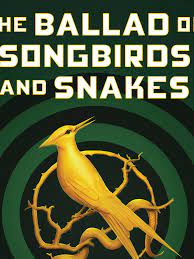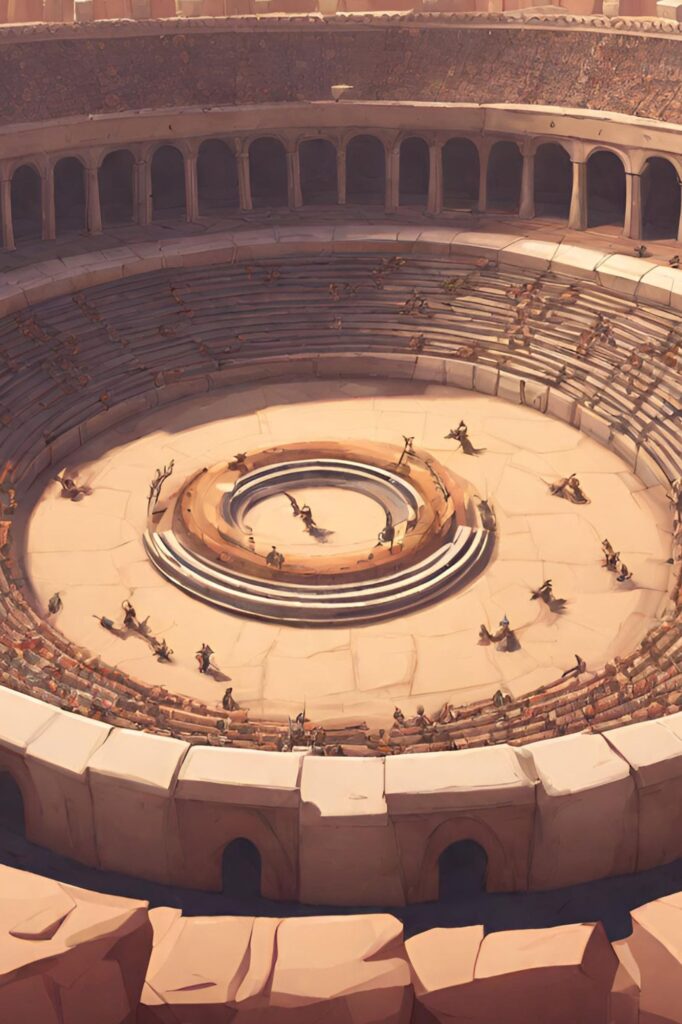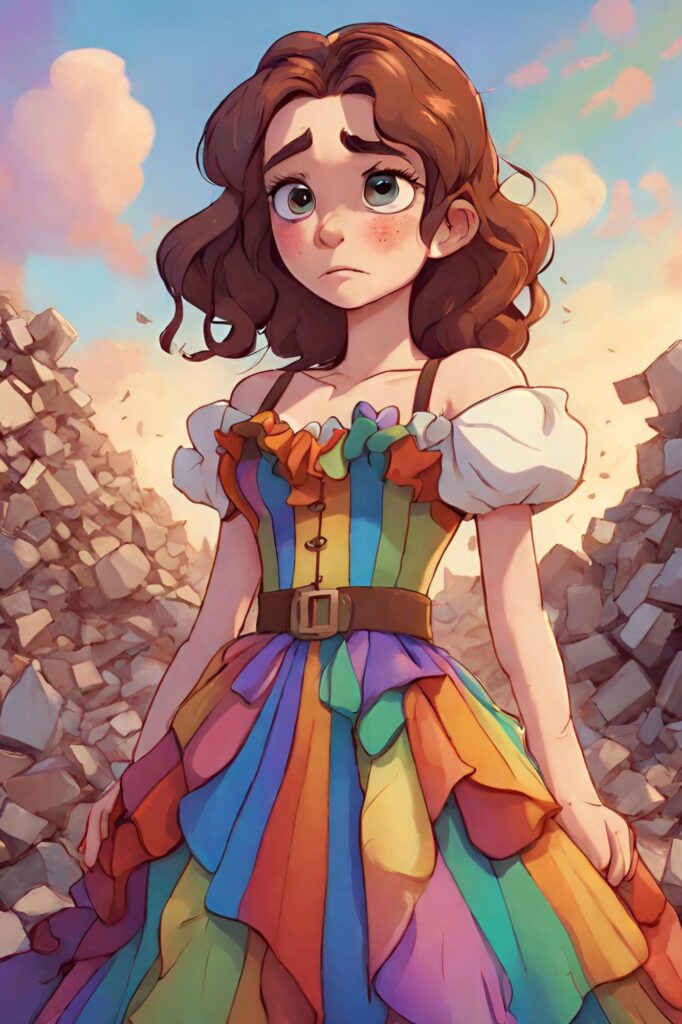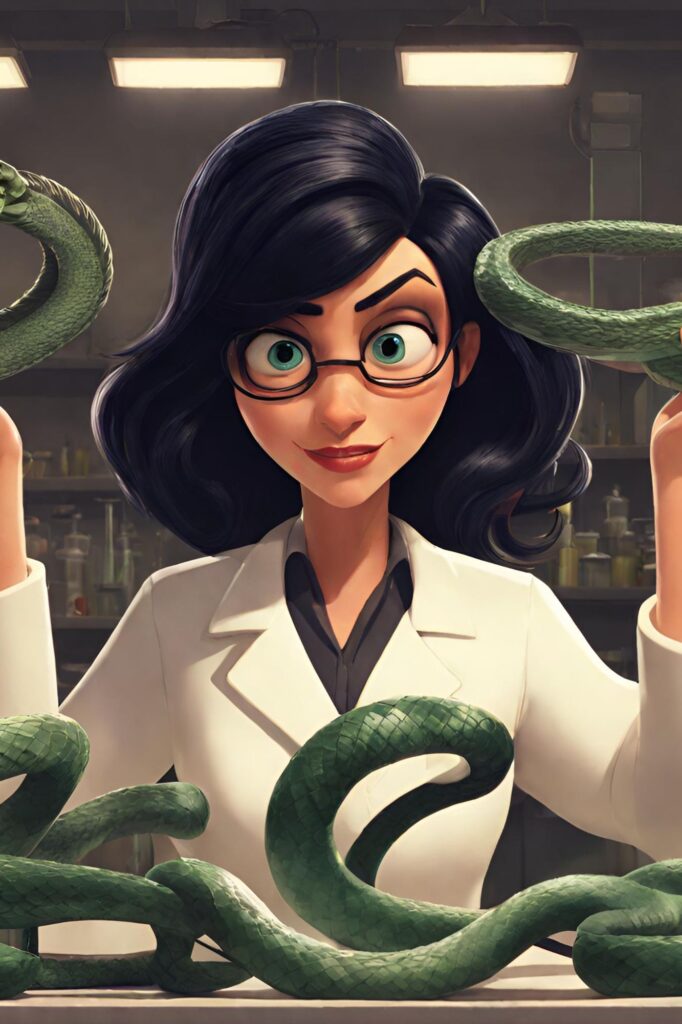Ballad of Songbirds and Snakes review

I am SO happy that we are all getting back into the Hunger Games universe alongside the obsession that comes with it. As a young teen I was completely enamored with the world created by Suzanne Collins and seeing the way it has taken over our world in the coming years was so exciting! The new Ballad of Songbirds and Snakes movie (which I have yet to see!) looks very promising which made me think of the book and the way it expands our view of Panem and the districts. Get a hot chocolate and some snacks and let’s see how this story stands up against the original trilogy.
This story concerns the early years of President Coriolanus Snow. As the financial struggles eat away at what remains of the Snow family, Coryo needs to prove his worth as a mentor for the 10th Annual Hunger Games. Lucy Gray Baird is a member of the nomadic group called the Covey that resides in District 12 and cherishes music and most of all: performance. Both the main characters get tested on their performance skills, Lucy in an arena, and Coryo outside it. As their lives get intertwined, and their common goal of survival becomes more and more difficult, the book explores the impact of their relationship on one another, as well as the whole of Panem for the years to come.


For the non-spoiler section of this review let’s get one thing straight. Was it weird to read about the young President Snow? Yes, absolutely. Do you get over it after two chapters? …Yeah kind of. It’s a fun experience to read about him, and sometimes root for him then get hit in the face with the realization of what he will become if he does succeed. The book explores the character of Coriolanus in a very interesting way, as it’s written from his perspective we get insight into all of his… strange thoughts. The reader can see the mental decline of the character, while still learning a lot about the universe, leading to us seeing why Coryo is as messed up as he is. This realization is then crushed as he does horrible things and we remember yet again, that a person’s mental state and past, cannot be used as an excuse for their behavior. Overall, I definitely recommend picking up this book. The writing is excellent as can be expected from Suzanne Collins and the story is very engaging throughout. I give it 4 out of 5 Pastel Berries, so you know it’s a good one!
I did not expect the character of Snow to become so interesting to me as the book went on. Obviously, he is a villain, and we know that going into the book. But somehow reading it I was still hopeful to see him act honourable and maybe have a semi-happy ending with Lucy Gray. One of the things that struck me most were his completely random and unprompted vile thoughts about the other characters. Saying that Tigress’ innocence “invites abuse”, or constantly comparing people from the districts to being sub-human and animal-like, shows very clearly exactly what kind of person Coryo is. The manipulation this man performs in every interaction he participates in is honestly what kept me so engaged in his story.


Lucy Gray was an interesting character, being a brand new heroine for us to get to know, I was hoping to get to know her just a little bit more. What we did get to learn, I loved. The scenes depicting her relationship with the Covey and her ways of survival in District 12 were amazing, but throughout the first half of the book, I really wished for more scenes of how she survived in the arena. Additionally, of course, Lucy Gray’s character is extremely performative, yet I can’t help but wish we got to see a bit more of what she keeps hidden from the audience.
We always knew the Capitol was crazy during the 74th Hunger Games, well as it turns out it was just as weird 64 years prior. Recovering from the war and trauma everyone endured, it is a given that things will be rough, but the extent to which the population is OK with treating people from the districts as inferior is a true sign that the propaganda machine is doing its job. A big part of the relationship between Coriolanus and Ms Gaul was pondering on whether people are inherently evil if given the chance. Their way of discussing it focuses primarily on the tributes, and if violence is in their genetics once put in the arena. Yet, to the reader, it is quite obvious that on the other side of this equation are the people of the Capitol, enjoying the suffering of children. So, observing their culture at the time and reflecting on our real world, watching as others suffer, are we all inherently evil and violent if placed in peril?

The story of the book is divided into two parts—one before Snow arrives in District 12 and the other after. While I must admit the first part was slightly more interesting for me, it was probably just because Coryo’s messed up thought process started to annoy me. I loved the way the Games developed and the glimpses into what was happening in the arena, as well as what preceded the action, with the tributes staying at the zoo, and learning all about the powerful families of the Capitol. I found the action after Lucy Grey’s victory to slow down quite a lot. The atmosphere of the story changed rapidly from portraying an ambitious, manipulative young man growing in his influence during the Games, to the portrayal of a slower, poorer life in District 12. This allowed for breathing room, while also keeping the reader invested in how the story will end. I loved the ending, as the open-ended aspect allowed me to think about the possibilities of what happened next. Did Lucy Grey survive? Did she die? How did Snow’s life proceed as his status in the Capitol rose? As much as I hope Suzanne Collins will write other prequels about other beloved characters such as Haymitch or Finnick, I hope we will get a large insight into the progress of Snow’s life.

Thank you for reading my rambly thoughts and opinions on this story, I hope you enjoyed the book as much as me. I cannot wait to see the new movie. Let me know in the comment section what your thoughts were on this book and feel free to suggest books I should review in the future!